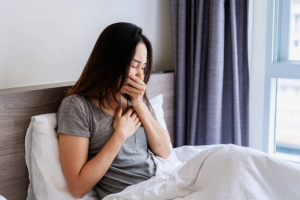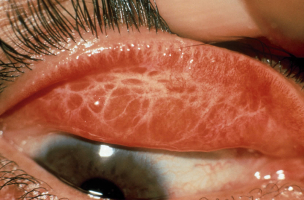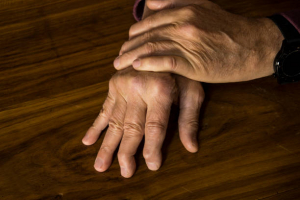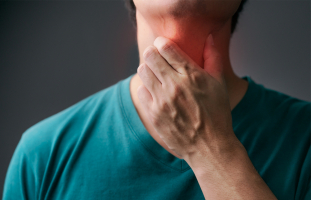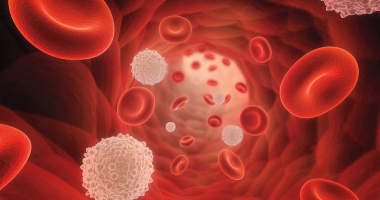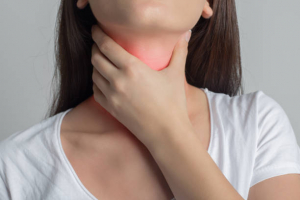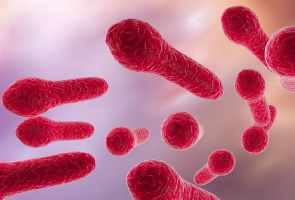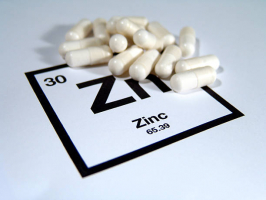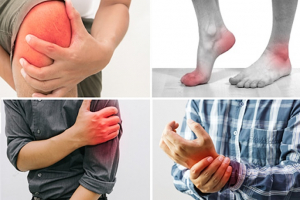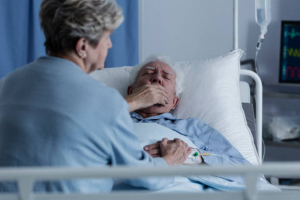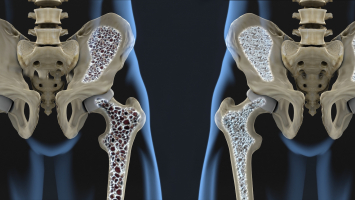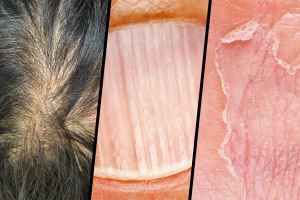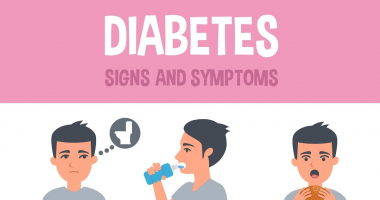Top 6 Signs and Symptoms of Asthma
Asthma is a chronic respiratory disease that can affect both children and adults. The disease is caused by the body's reaction to allergens, which is related ... read more...to both hereditary and external environmental variables. People frequently downplay the consequences of this disease because it is quite common. However, Asthma has a significant impact on the patient's everyday routines and physical activity. Asthma is a condition that cannot be totally cured, although early identification and treatment can help manage its consequences. In the following article, Toplist will give you general information on this disease's signs and symptoms.
-
Coughing occurs when the body attempts to expel fluids or allergens from the environment, such as dust, smoke, pollen, animal hair, etc. Coughs can be caused by sinus infections, colds, and so on, but if the cough lasts for a long time and appears primarily at night because the airways are limited, the patient should be concerned since it could be an indication of asthma. About 60% of people have asthma and symptoms are worse at night. About 70% of people have a cough or difficulty breathing or wheezing at least one night a week.
Asthma is extremely harmful, and fast development can be fatal. When a person has an asthma attack, they are unable to breathe in enough oxygen to the body. If an asthma reliever or immediate emergency assistance is not available, this will result in respiratory failure, coma, loss of consciousness, and even death. As a response, if you experience symptoms of a protracted cough, you should seek medical attention as soon as possible.

Cough especially at night 
Cough especially at night -
Sleep deprivation and sleep disruptions can occur at any time and to anybody, making this the most neglected sign of the disease. Asthmatic patients frequently have poor sleep quality, trouble falling asleep, waking up early, frequent sleep interruptions, and excessive daytime drowsiness. More than 1/3 of people with asthma have sleeplessness and are predisposed to anxiety and depression. In particular, people with insomnia are 2,4 times more likely to have asthma than the average person.
Asthmatic patients frequently say that frequent sleep interruptions during the night prevent them from obtaining adequate sleep and leave them weary all day. Chronic sleep deprivation can raise the risk of obesity in the long run, diabetes, cancer, and other severe health issues. It is preferable to get frequent health check-ups for early detection rather than waiting for symptoms.

Sleep disorders 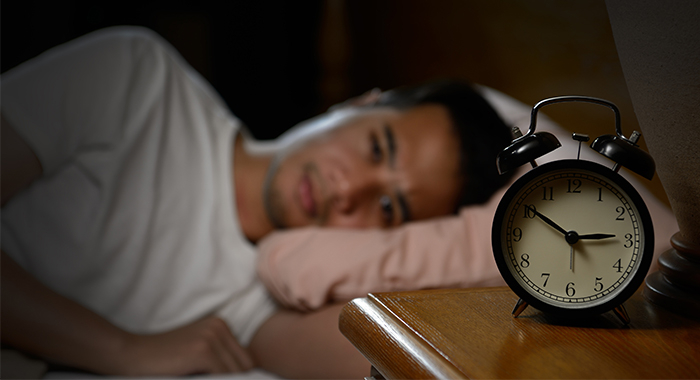
Sleep disorders -
The airways are in charge of transporting air to and from the lungs. However, people with asthma have irritated and particularly sensitive airways, and when exposed to an irritant, the patient responds by tightening the muscles, exacerbating swelling and inflammation, and increasing mucus production. These factors contribute to airway constriction and airflow restriction, which leads to asthma.
When the patient's airway is swollen and inflamed, air cannot circulate, making breathing and wheezing difficult. Even when they're not overworked, patients may experience shortness of breath sometimes or on a regular basis. This condition has an impact on everyday activities as well as the patient's sleep quality. Asthma symptoms will improve if diagnosed and treated promptly. If treatment is delayed, symptoms such as chest heaviness, discomfort, trouble speaking, anxiety, restlessness, perspiration, pale face skin, purple lips, and extremities,... will worsen. This can result in hypoxemia, cerebral ischemia, loss of consciousness, fainting, and even death in patients.

Shortness of breath 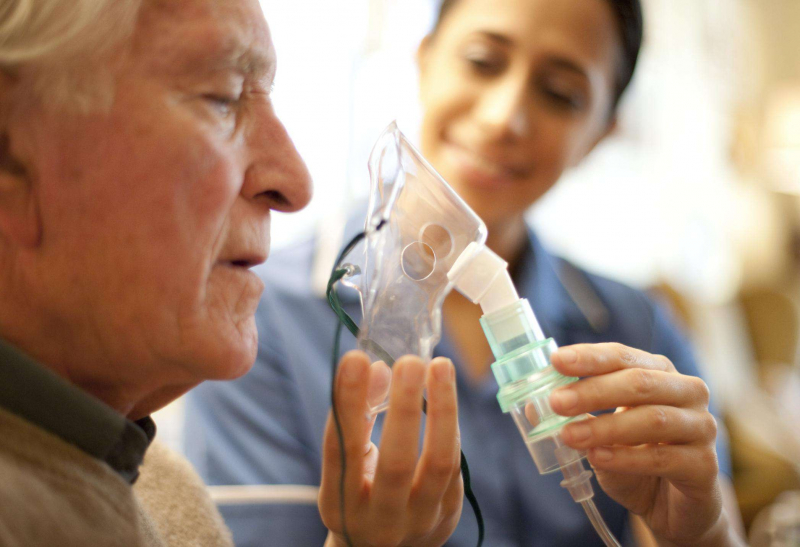
Shortness of breath -
Angina can happen when the patient changes position or more commonly after the patient has gone to sleep. The patient has chest pains or tightness, they feel like have something put on their chest. This symptom increases during dyspnea and decreases when dyspnoea stops. This is a common symptom of asthma. Especially, when the patient is active, such as climbing stairs, running, or exercising, this discomfort will be more apparent.
If this phenomenon occurs frequently, you should not be subjective, but rather seek medical attention as soon as possible to be identified because this is most likely a symptom of asthma. Because of the severity of the disease, asthma recognition and early detection are extremely important for patients. Correct implementation of asthma treatment will help the patient get rid of the pain or relieve angina before being hospitalized for treatment.
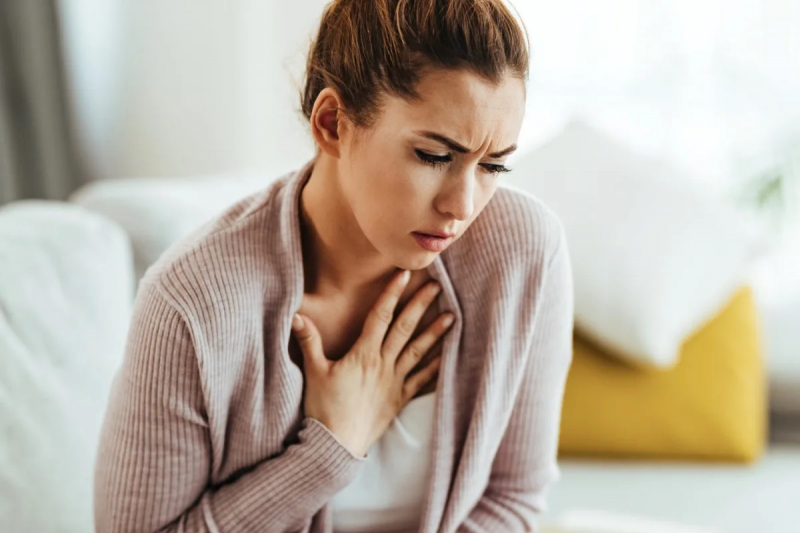
Chest pain 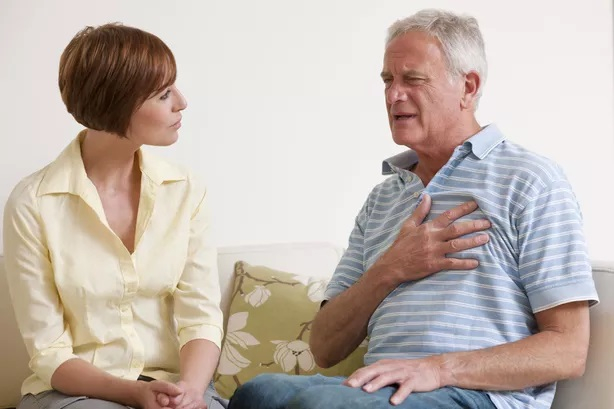
Angina -
Cold weather has a negative impact on respiratory disorders like asthma. People with asthma in cold weather are prone to coughing, runny nose, stuffy nose, shortness of breath, and wheezing at any time of day or night. They have a lower tolerance for frigid conditions. Even catching a cold in the middle of the night or early in the morning has an impact on their body, making it difficult to breathe, cough, runny nose, and stuffy nose.
The bronchi are covered with a thin layer of fluid. When exposed to very cold, dry air, this layer of the liquid evaporates fast and does not have time to rebuild. When the bronchi get excessively dry, they become easily inflamed and swelled, exacerbating asthma symptoms. As a result, you frequently have persistent sneezing, colds, coughs, and runny noses around a specific time of year (especially during the change of seasons or in winter). Especially when the weather changes seasons, it is easy to create a cold that lasts, and the condition does not improve despite the use of several cold treatments and cold drugs. It does not rule out the possibility that you already have asthma.
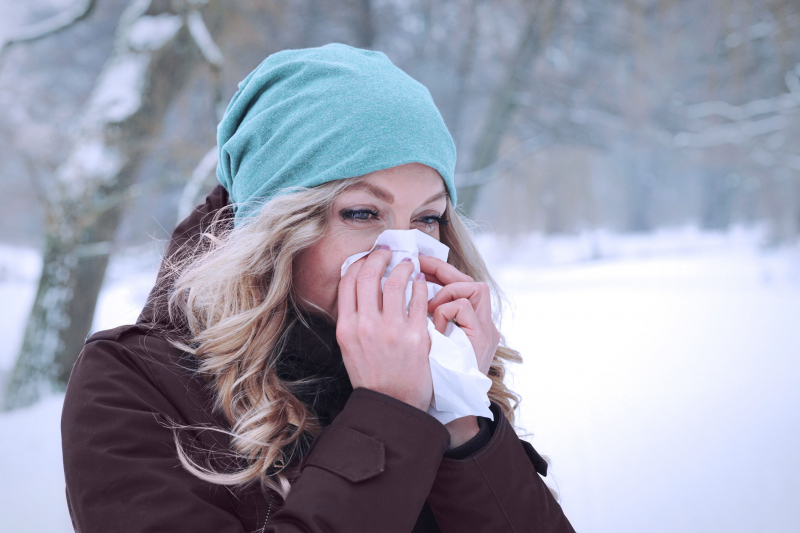
Poor adaptation to cold weather 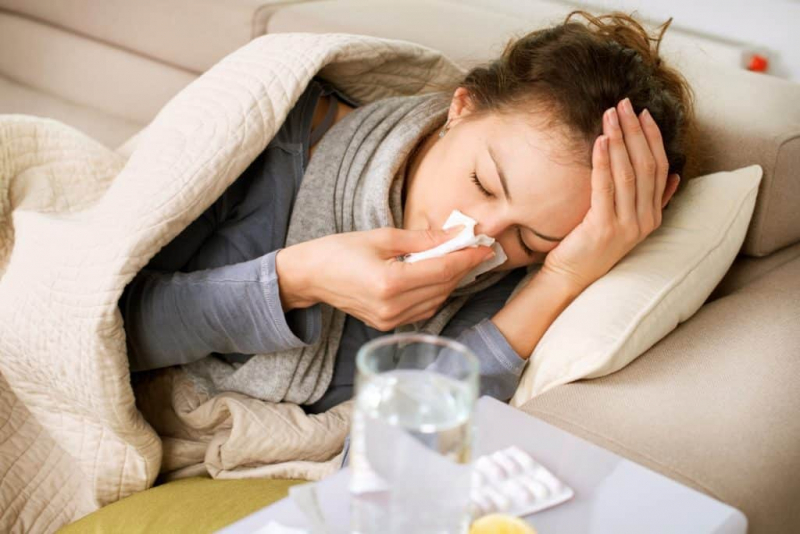
Poor adaptation to cold weather -
For no apparent cause, sometimes you may have hard breathing, wheezing, irregular breathing, and chest heaviness. There are so many asthmatic patients who complain about weariness in their bodies. The tired problem does not affect all asthma sufferers. However, if the patient's physical health is poor, their body will always feel tired, fatigued, lose appetite, and be unable to operate.
Patients frequently feel out of breath after light exertion and must sit down and hold their breath before continuing. Even mild exertion may cause you to get short of breath, feel heavy in your chest, and find it difficult to continue with your typical activities. You should go to the hospital immediately for an evaluation to ensure early discovery and treatment.

Tired 
Tired








